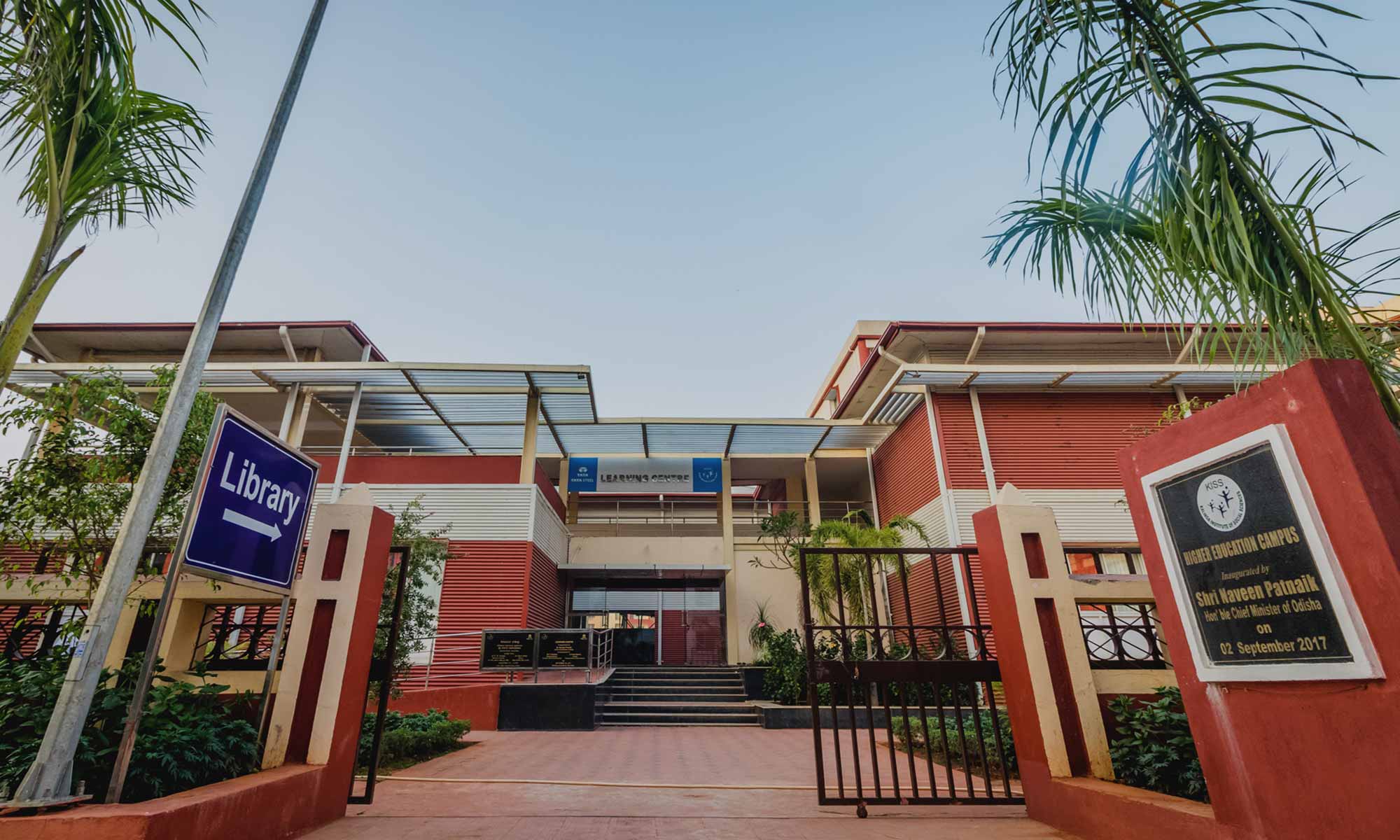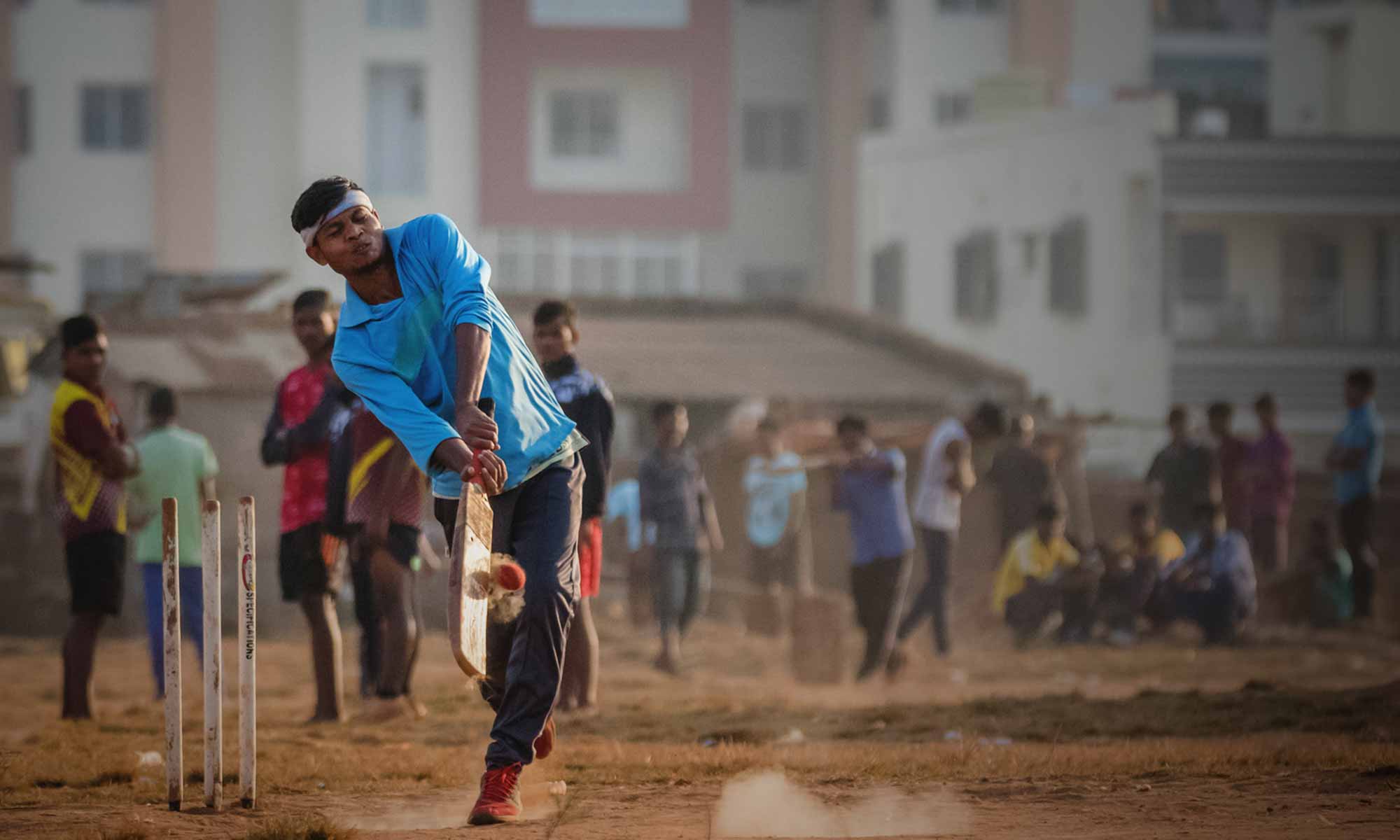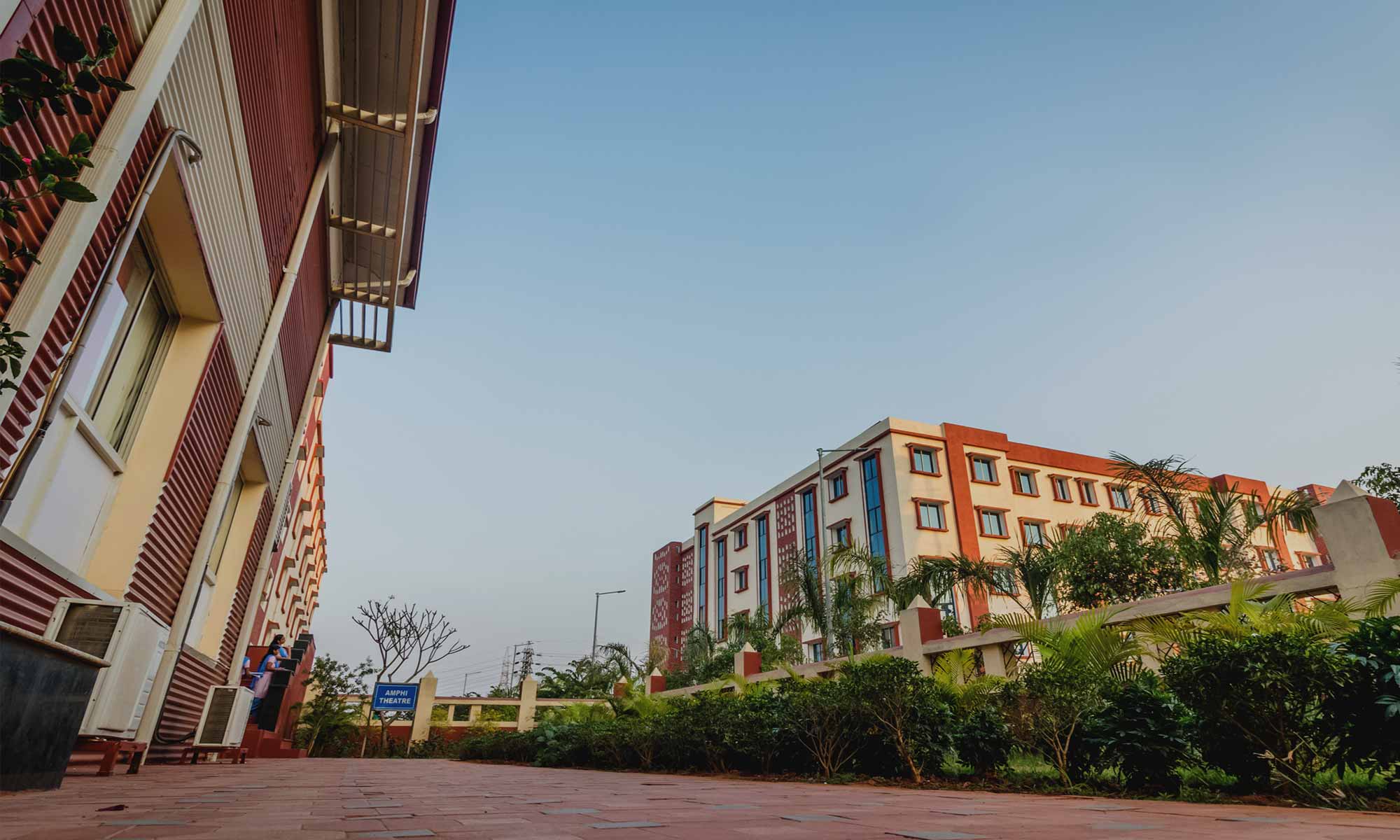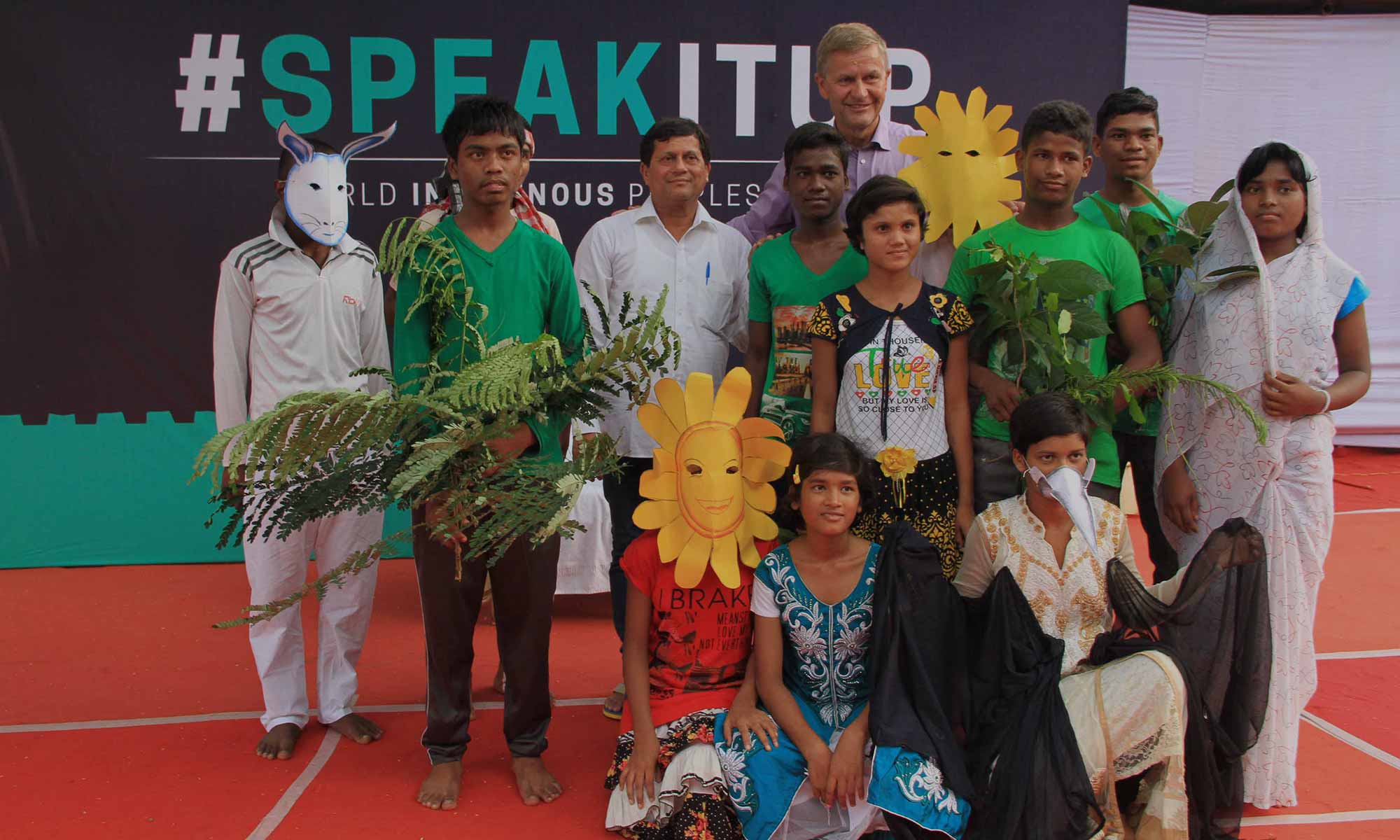KISS Competitive Preparation Centre (CPC)
In order to ensure placement and employment to all students
ostgraduation,coaching classes are organized by the CPC for all UG and PG students at the High Education Campus. At these classes, special emphasis is placed on preparing students for competitive examinations, conducted by recruitment boards in varied fields, including but not limited to Banking, Railways, and Police Service. We also prepare students for examinations by the Staff Selection Commission, Subordinate Selection Commission, Odisha Public Service Commission (OPSC), Union Public service Commissions (UPSC) etc.
Multi-faceted Cultural Activities
KISS promotes extra and co-curricular activities among its students through various programmes, including elocution in Hindi, English & Odia), singing, dancing and music. An amphitheater is also available to students at Campus 3, in addition to the regular conduct of activities showcasing student talent. Our aim is to equip students with efficient and effective communication skills in various languages, to enable them to face challenges in their careers.






